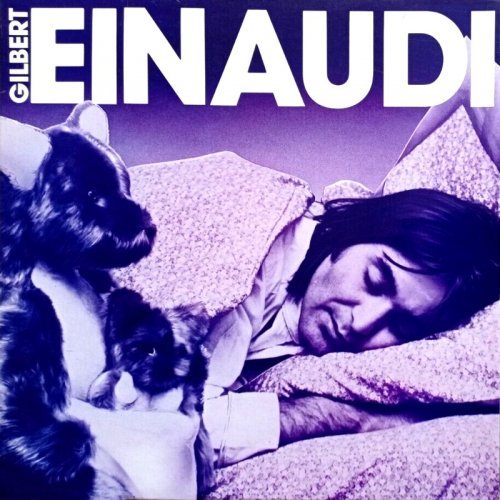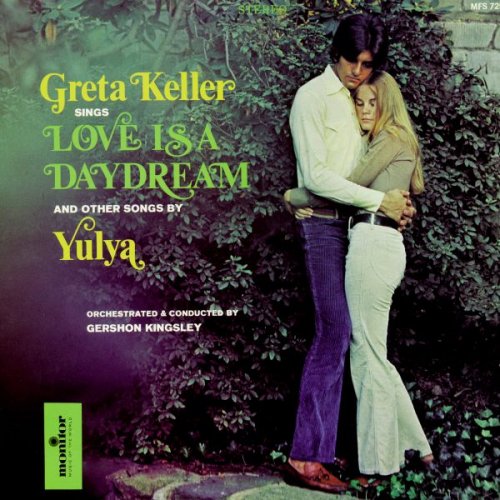Angela Hewitt - Beethoven: Piano Sonatas Op.10/2, Op.26, Op.27/2 'Moonlight', Op.90 (2010) CD-Rip
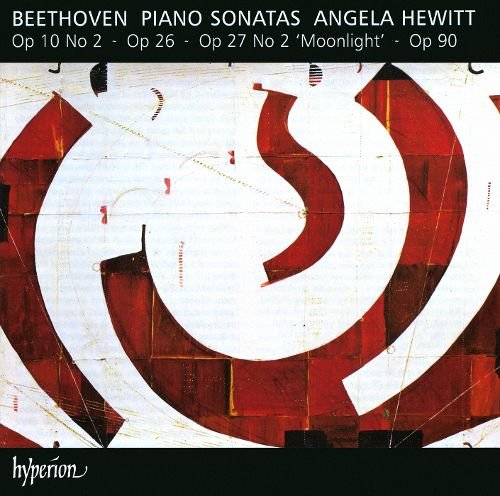
Artist: Angela Hewitt
Title: Beethoven: Piano Sonatas Op.10/2, Op.26, Op.27/2 'Moonlight', Op.90
Year Of Release: 2010
Label: Hyperion
Genre: Classical
Quality: FLAC (image+.cue,log,scans)
Total Time: 63:54
Total Size: 212 Mb
WebSite: Album Preview
Tracklist: Title: Beethoven: Piano Sonatas Op.10/2, Op.26, Op.27/2 'Moonlight', Op.90
Year Of Release: 2010
Label: Hyperion
Genre: Classical
Quality: FLAC (image+.cue,log,scans)
Total Time: 63:54
Total Size: 212 Mb
WebSite: Album Preview
Ludwig van Beethoven
[1]-[9] Piano Sonata No.12 in A flat major, Op.26
[10]-[12] Piano Sonata No.6 in F major, Op.10 No.2
[13]-[14] Piano Sonata No.27 in E minor, Op.90
[15]-[17] Piano Sonata No.14 in C sharp minor, Op.27 No.2 'Moonlight'
Performers:
Angela Hewitt piano
Canadian pianist Angela Hewitt made her reputation with fine, distinctive recordings of Bach and other Baroque composers, treated pianistically but not anachronistically. Baroque specialists who record Classical and Romantic music, especially that of Beethoven, tend to generate unorthodox results; exhibit A was Hewitt's fellow Canadian Glenn Gould. Hewitt has undertaken her own Beethoven piano sonata cycle, and while her readings are not outrageous like Gould's, they're perhaps part of the same general family. Her approach is quiet almost throughout; the sharp accents in the finales of the Piano Sonata No. 14 in C sharp minor, Op. 27, No. 2, "Moonlight," and in the Piano Sonata No. 12 in A flat major, Op. 26, seem to come out of nowhere because her touch up to that point has been so gentle. At times she makes Beethoven sound almost like Bach, and this is all to the good in the outer movements of the Piano Sonata No. 10 in F major, Op. 10/2, where all kinds of details of counterpoint show up and remind us that Beethoven took on Vienna's top contrapuntist, Albrechtsberger, as a teacher. In the more Schubertian late Piano Sonata in E minor, Op. 90, Hewitt's gossamer textures may be a matter of taste, but there's no question that she executes fully thought-out interpretations that could, if they strike the listener in the right way, be quite hypnotic. If you're wondering about the program and the unusual placement of the early "Moonlight" sonata at the end, Hewitt cheerfully explains in her own notes (in English, French, and German) that no particular principle other than including one famous sonata along with a group of less familiar ones governed her choice. Not everyone's cup of tea, but on balance a recording that will certainly satisfy Hewitt fans and may well make her some new ones.
![Asaf Harris - I Thought I Was Ready (2026) [Hi-Res] Asaf Harris - I Thought I Was Ready (2026) [Hi-Res]](https://www.dibpic.com/uploads/posts/2026-01/1769759082_cover.jpg)
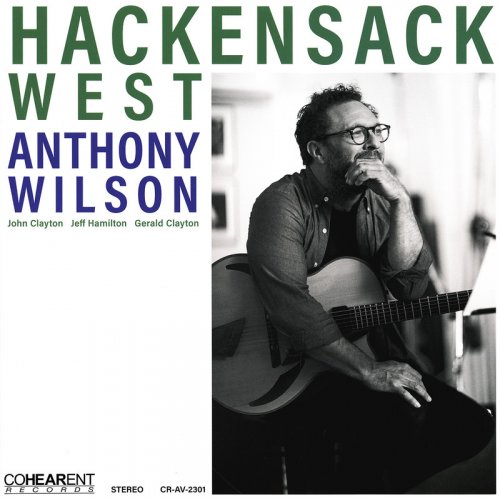
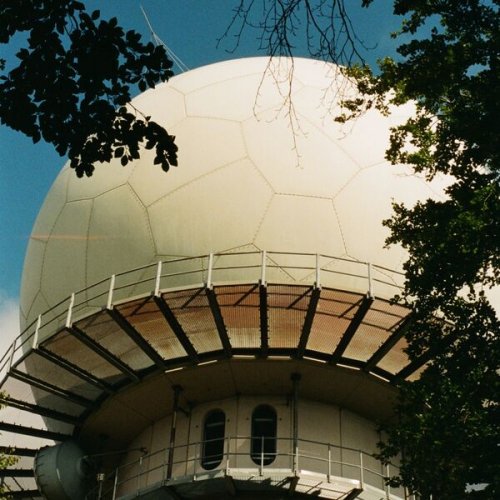
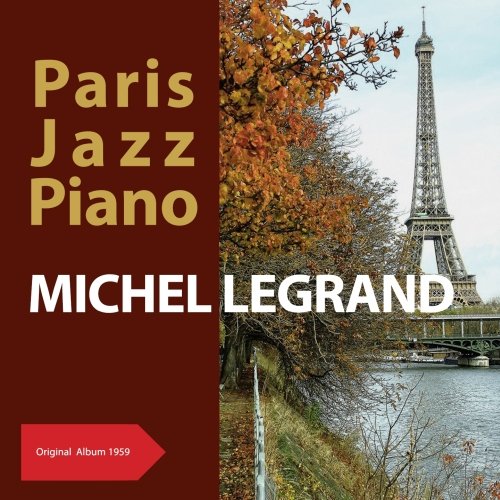
![Cairo Steps - Arabiskan (2020) [Hi-Res] Cairo Steps - Arabiskan (2020) [Hi-Res]](https://img.israbox.com/img/2026-01/27/8xncipwkncd59d05e218dpljf.jpg)
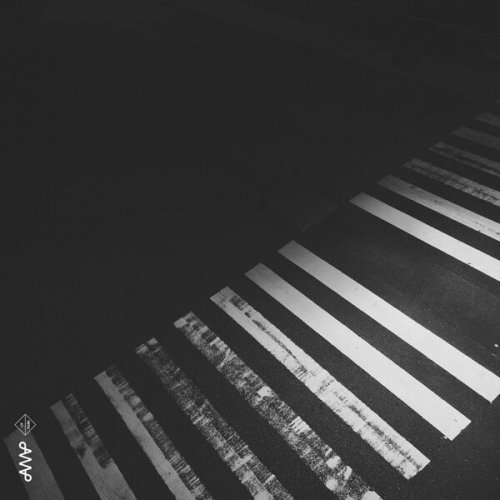
![Billie Holiday - All Or Nothing At All (2025 Mono Remaster) (2026) [Hi-Res] Billie Holiday - All Or Nothing At All (2025 Mono Remaster) (2026) [Hi-Res]](https://www.dibpic.com/uploads/posts/2026-01/1769782333_cover.jpg)
